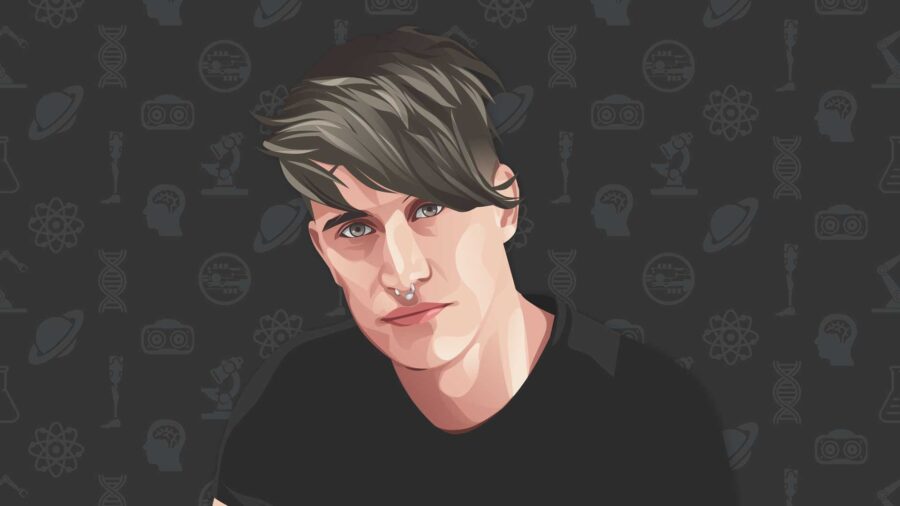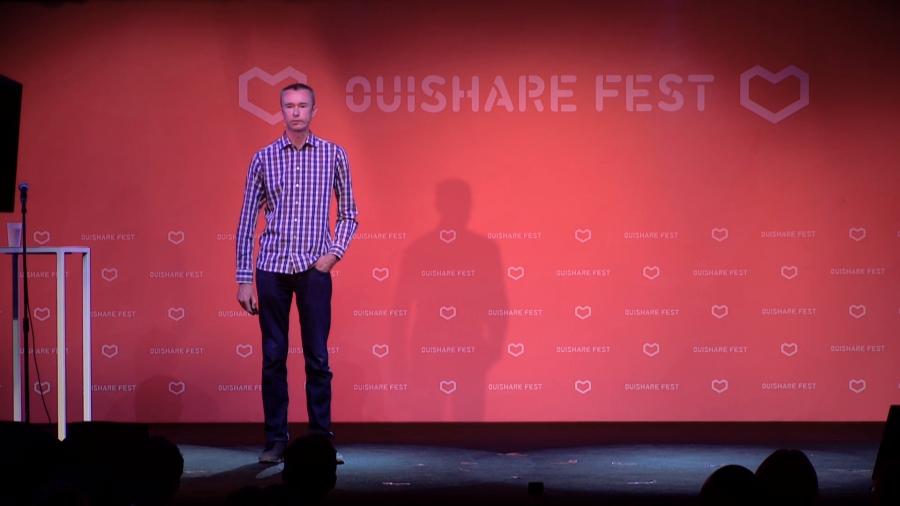This idea of (re)performing the posthuman was pretty much based on a desire to talk about the cyborg ten years after, or fifteen years, twenty years after the Cyborg Manifesto and Katherine Hayles’ book became famous. And to really—yeah, to talk about maybe the normal cyborg, the normal technologized body. You know, technology in the everyday and its implications for the way we perceive and experience our bodies.
Archive
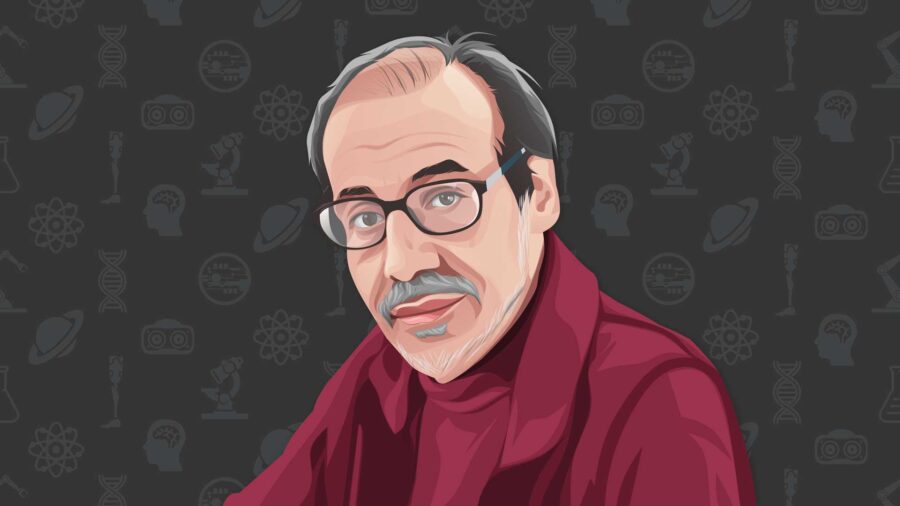
Humanity 2.0 starts to challenge a lot of the assumptions of Humanity 1.0, especially in terms of issues having to do with limitations. So in other words, you might say there are two ways to go on Humanity 2.0. And in my writing, I associate these with the transhuman and the posthuman, respectively.
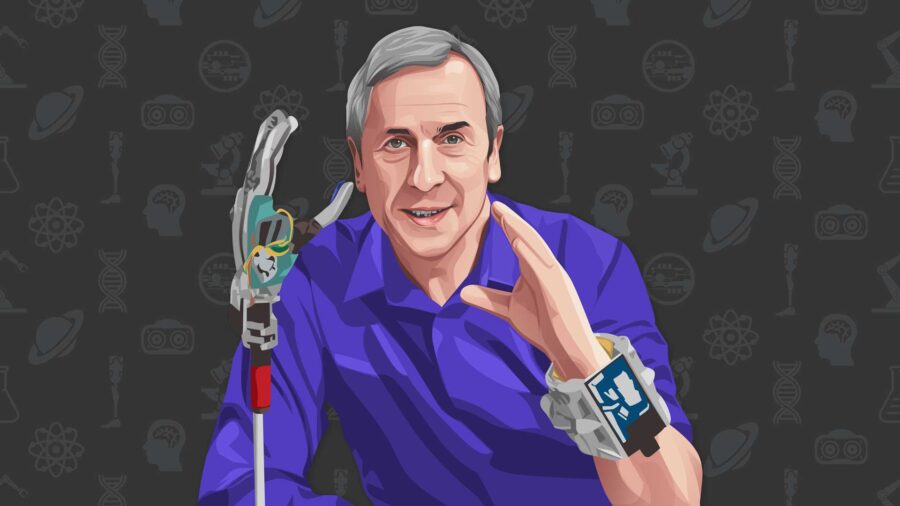
Humans, we’re pretty limited in what we can do, let’s face it, mentally particularly. We just have a bunch of brain cells. And the possibility of enhancing our brain, our mental capabilities, I think is enormous.
One of the most important insights that I’ve gotten in working with biologists and ecologists is that today it’s actually not really known on a scientific basis how well different conservation interventions will work. And it’s because we just don’t have a lot of data.
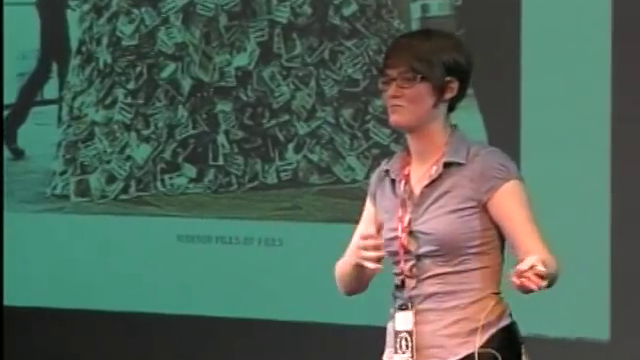
When you look at your online profile, is that really you? It’s a representation of you that can be acted on when you’re not there. But where do you end and the machine begins? The thing is that humans and technology have coevolved with each other over time, being very very cocreative. We have survived because of technology, and technology has survived because of us.
Designers do spend a fair bit of time thinking about what materials to use, but they don’t necessarily think about why those materials have the properties that they have.

